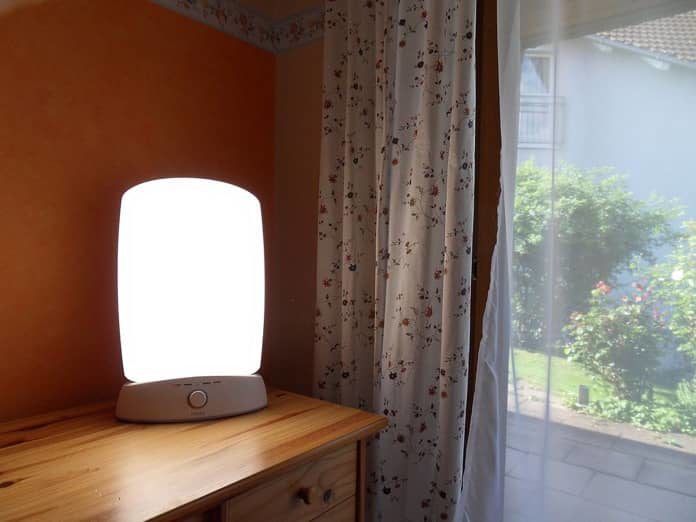Researchers investigate the effects of light therapy on sleep disturbances and depression in older adults with mild cognitive impairments from dementia.
Pathological changes in the brain can lead to mild cognitive impairment followed by dementia. This mild cognitive impairment is a transitional stage between healthy aging and dementia and is characterized as impairment in one or more cognitive domains in the brain. Progressive cognitive impairment and dementia can lead to damage to the brain region that controls the pace of human circadian rhythm. A dysfunction such as this causes behavioral disturbances and sleep disorders in cognitively impaired individuals.
Research has shown that cognitive impairment and sleep quality have direct effects on each other, with 15% of Alzheimer’s patients having impaired sleep quality. Because sleep is a systematic and reversible activity affected by melatonin and sunlight, it is also disturbed in this case. Few studies have investigated the effects of light therapy on cognitive impairment and dementia. Therefore, a research group at Taipei Medical University, in Hong Kong, combined data from multiple studies to determine the effects of light therapy on behavioral disturbances, depression, and sleep disorder in cognitively impaired adults.
Using data from nine randomized controlled trials, the group found that a light intensity of 2,500 lux or greater had a significant effect on depression in those with dementia. This light therapy had a moderately significant effect on behavioral disturbances and a smaller effect on nighttime sleep. Their results were recently published in The American Geriatrics Society.
This is the first meta-analysis investigating the effects of light therapy on sleep and depression in those with cognitive impairment. These findings indicate the potential for a new therapeutic approach for individuals suffering from mild cognitive impairment and dementia. Overall, light as a form of therapy can influence relief from behavioral disturbances, improve sleep quality, and alleviate symptoms of depression in cognitively impaired persons.
Written by Viola Lanier, PhD, MSc
Reference: Huei-Ling Chiu, MS, RN,a Pi-Tuan Chan, RN,b Hsin Chu, PhD, MD,cde Shu-Tai Sheen Hsiao, MSN, RN,f Doresses Liu, PhD, RN,g Chueh-Ho Lin, PhD, PT,hi and Kuei-Ru Chou, PhD, RNajk* Effectiveness of Light Therapy in Cognitively Impaired Persons: A Metaanalysis of Randomized Controlled Trials. American Geriatrics Society. 2017.



